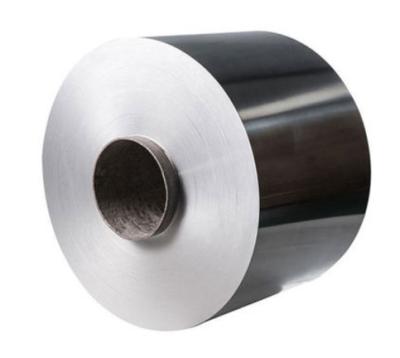Categories
Tags
-
#Insulation Aluminium Coils
#Thick Aluminum Sheet
#2024 Aluminum Plate
#Aluminium Products Supplier
#5052 Aluminium Foil
#Household Aluminium Foil
#Color Coated Aluminium Circles
#5052 Aluminum Circle
#Aluminium Circles
#Aluminum Trim Coil
#Aluminum Cookware
#Web Guide Actuators
#Non-Stick Coating Technologies in Aluminium Cookware
Archives
The Impact of Insulation Aluminium Coils on Noise Reduction in
-
Beyond thermal efficiency, insulation aluminium coils also play a significant role in soundproofing and noise reduction in buildings. These coils are increasingly used in construction to enhance acoustic comfort while maintaining structural integrity. Let’s examine how they contribute to quieter indoor environments.
How Aluminium Coils Help with Noise Insulation
Aluminium itself is not inherently soundproof, but when combined with specialized insulation materials (such as foam, fiberglass, or mineral wool), it forms a barrier that dampens vibrations and blocks noise transmission.
Key Benefits for Acoustic Performance
Sound Absorption – Insulated coils absorb airborne noise, reducing echoes and reverberations.
Vibration Damping – They minimize structural noise (e.g., from HVAC systems or external traffic).
Lightweight Yet Effective – Unlike dense materials like concrete, aluminium offers noise control without adding excessive weight.
Applications in Modern Construction
Wall and Ceiling Panels – Used in offices, theaters, and residential buildings.
HVAC Ductwork – Reduces operational noise from air handling systems.
Industrial Enclosures – Shields machinery noise in factories.
Comparing with Traditional Soundproofing Materials
While materials like gypsum or rubber are common for noise control, insulated aluminium coils provide a lightweight, corrosion-resistant, and thermally efficient alternative. They are especially useful in environments where both thermal and acoustic insulation are needed.
Conclusion
Insulation aluminium coils offer a dual advantage—thermal and acoustic insulation—making them ideal for modern construction. As urban noise pollution increases, their role in creating quieter, more comfortable spaces will continue to grow.
